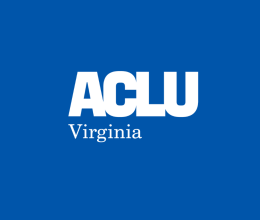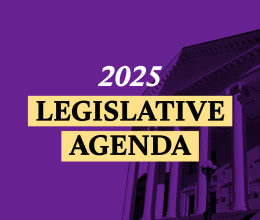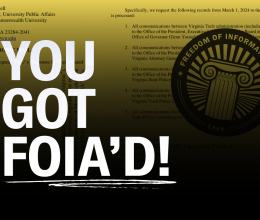
Fourth Circuit Court of Appeals Today Reaffirms Lower Court Ruling
Richmond, VA –The Fourth Circuit Court of Appeals today ruled that privacy advocate B.J. Ostergren may post public records that contain Social Security Numbers on her website, despite a 2008 Virginia law prohibiting the dissemination of such information.
Today’s ruling reaffirms a June 2009 decision by U.S. District Court Judge Robert E. Payne, who found that the law, commonly referred to as the “anti-B.J. law,” violated Ostergren’s First Amendment rights. Payne ruled that Ostergren had the right to post the Social Security Numbers of Virginia legislators, Virginia Executive Officers and Clerks of Court whenever the numbers were obtained from a government website accessible to the public.
Other courts, including the U.S. Supreme Court, have held that the government cannot make information available to the public, but then restrict what the public can do with it.
The Fourth Circuit not only affirmed the lower court decision but also found that Judge Payne’s injunction against enforcing the law against Ostergren did not go far enough because it “does not protect Ostergren in publishing Virginia land records containing private individuals’ SSNs” or those of “non-Virginia public officials.” The case has therefore been remanded to the lower court for revision of the injunction.
For many years, Ostergren has run TheVirginiaWatchdog.com, which advocates against the government making personal information available on the Internet. The Virginia Watchdog posts public records, including the Social Security Numbers of some public officials, obtained from government websites. By posting these documents, Ostergren illustrates how easy it is to obtain private information from government websites and hopes to prod elected officials to take action to prevent such information from becoming available to identity thieves.
Under Virginia law, all land records are available on the Internet. These records include deeds and mortgage information, as well as legal judgments, such as divorce decrees, that may contain Social Security Numbers and other personal information.
“Ms. Ostergren’s most powerful advocacy weapon has been to demonstrate to the public how bad a job the government is doing to protect our online privacy rights,” said ACLU of Virginia Executive Director Kent Willis. “The government responded but by trying to silence Ms. Ostergren. That’s hardly the answer any of us want to see, and besides, it violates the constitutional right of free speech.”
Attorneys representing Ostergren are ACLU of Virginia Legal Director Rebecca K. Glenberg and Richmond attorney Frank Feibelman. The Fourth Circuit’s ruling can be found online at: http://pacer.ca4.uscourts.gov/opinion.pdf/091723.P.pdf.
Contact: Kent Willis, Executive Director, 804-644-8022



